UDA Fallout? DP Kindiki, Mbarire Meet as Embu Political Tensions Mount
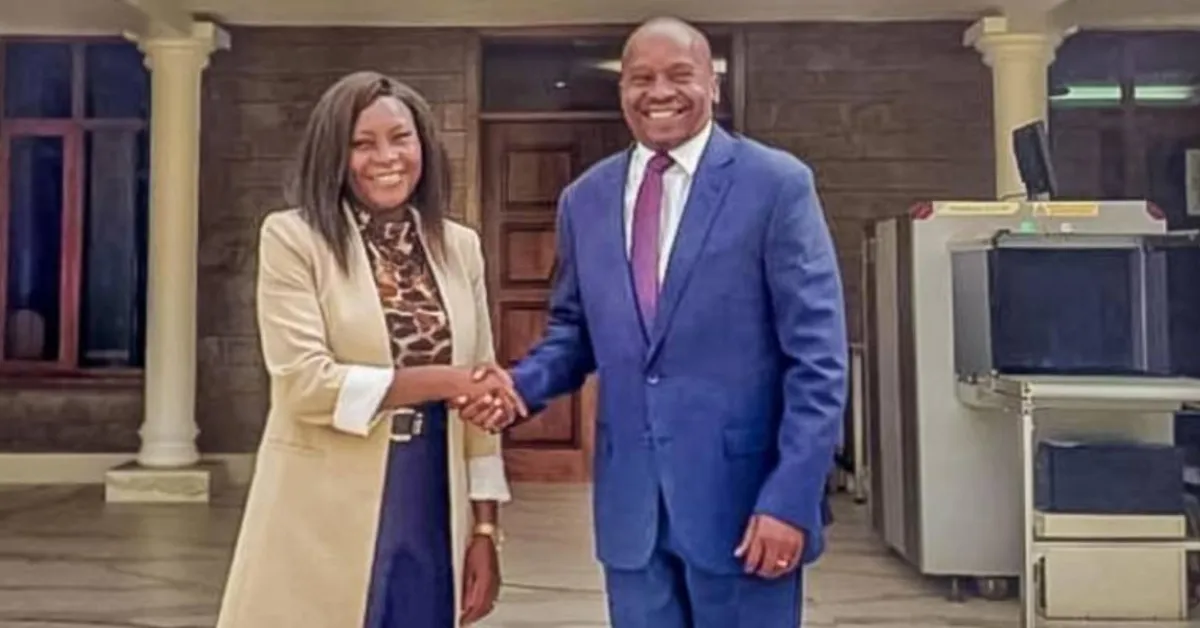
Embu County is currently experiencing a surge in political tension, placing Governor Cecily Mbarire at the center of escalating factional disputes within the United Democratic Alliance (UDA).
This internal strife, initially signaled five months ago by Deputy President Kithure Kindiki, has now evolved into a full-blown confrontation, significantly impacting the governor's political trajectory. Governor Mbarire, who also serves as the interim chairperson of the UDA in Embu, is increasingly at odds with key figures within the national administration. This growing discord has led some political analysts to speculate that she could become another casualty of the ruling party's internal power struggles, mirroring a trend observed with other political figures in similar positions.
A more pressing concern for President William Ruto is the potential for Mbarire to defect from the party, which could instigate a broader rebellion within the Mt. Kenya region as the 2027 general elections approach. The strain between Mbarire and the national leadership became apparent on January 30, 2025, when Deputy President Kindiki publicly questioned her ability to ensure President Ruto received a respectful reception in Embu County. During President Ruto's visits to the region, instances of heckling by crowds have been noted, prompting Kindiki to openly question the governor's leadership and effectiveness.
In response to these criticisms, Mbarire intensified her grassroots mobilization efforts. However, the situation escalated in April during another presidential visit, when residents voiced stronger opposition, accusing the president of failing to fulfill his promises. On June 1, Governor Mbarire addressed the mounting pressure publicly during her Madaraka Day speech in Makima. She alleged that certain government officials were actively working to undermine her political influence and threatened to expose those responsible if the pressure persisted.
Further exacerbating the situation, Mbarire boycotted a meeting convened by Deputy President Kindiki at his residence in Karen, where Embu County leaders were scheduled to discuss critical economic issues. This decision to abstain from the meeting has fueled speculations about deepening divisions within the party.
Despite her absence from the larger gathering, Mbarire later met privately with Kindiki, accompanied by Embu County Assembly Majority Leader Peter Muriithi.
Following the meeting, the deputy president attempted to downplay the speculations of discord, characterizing their discussion as a productive engagement focused on national projects and agricultural priorities. However, his remarks have failed to quell concerns regarding the internal conflict. Political analysts contend that Mbarire's public discontent reflects considerable pressure from both her local constituents and the national UDA leadership.
The influence of Deputy President Rigathi Gachagua within Mt. Kenya politics, particularly his efforts to curtail UDA's regional dominance, has further complicated Mbarire's position. Consequently, she is perceived to be facing a difficult choice between maintaining loyalty to President Ruto and aligning herself with emerging political factions. An upcoming by-election in Mbeere North, triggered by the appointment of former MP Geoffrey Ruku to a Cabinet position, is viewed as a crucial factor intensifying these tensions.
Former Attorney General Justin Muturi has also emerged as a vocal critic of the current administration, openly disclosing sensitive internal information. The Ruto administration has taken steps to marginalize Muturi in response, yet his commentary continues to influence political discourse. According to Muturi, Mbarire is facing a pivotal decision: whether to remain within a political structure that is becoming increasingly unstable or to distance herself before the situation deteriorates further.

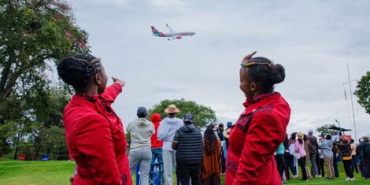
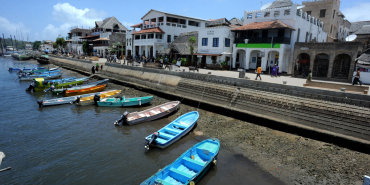
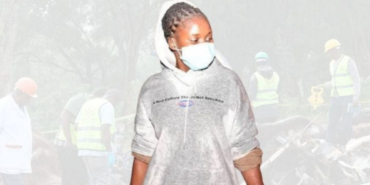

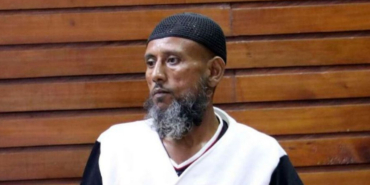
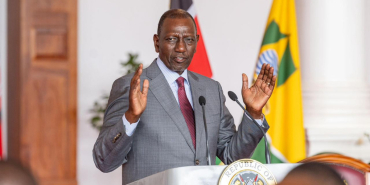
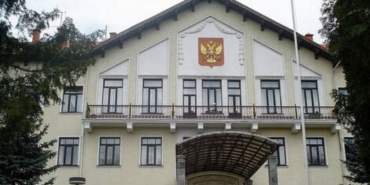
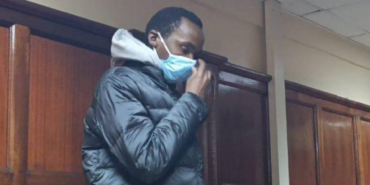
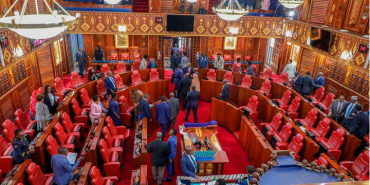




Add new comment